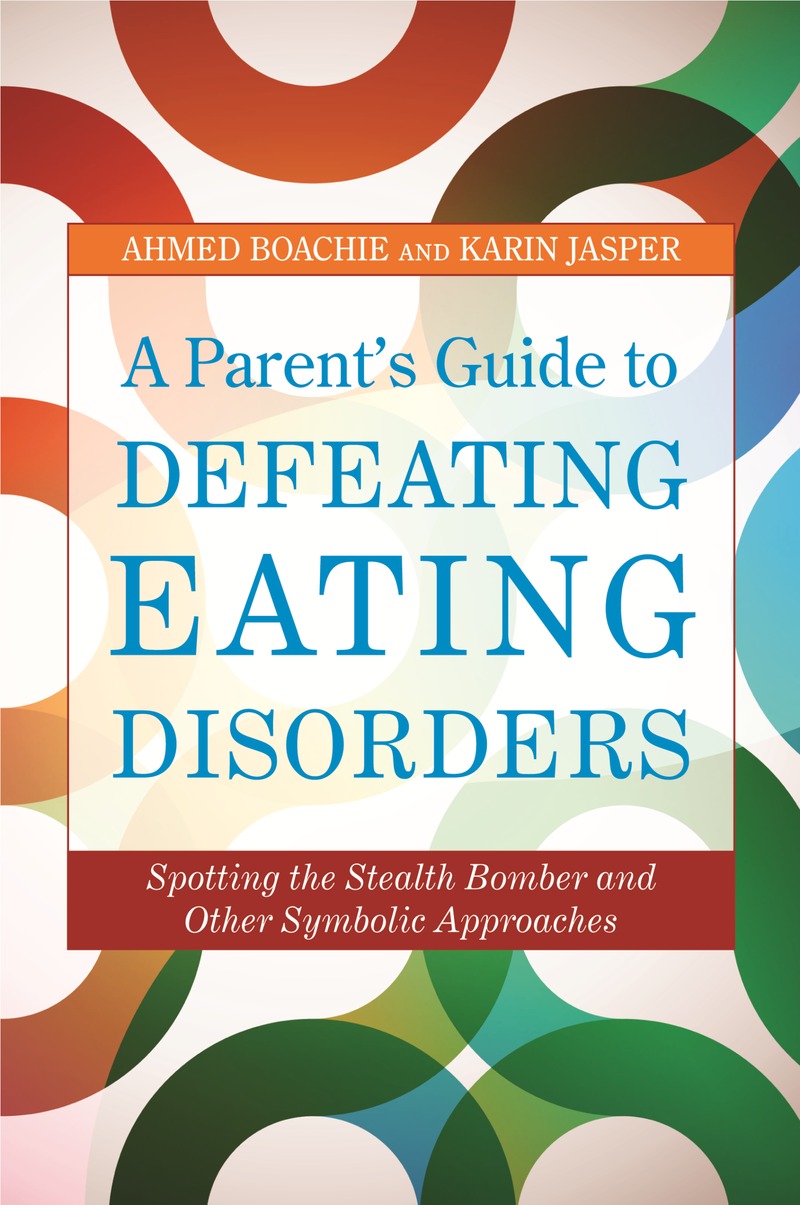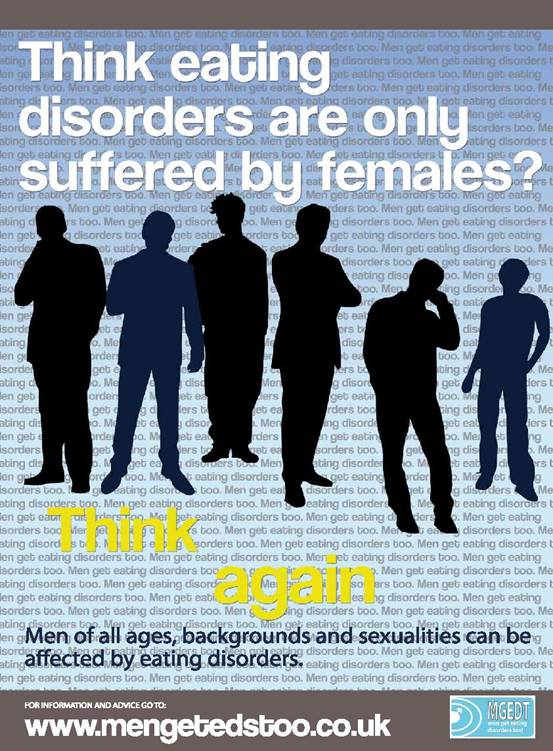
Anorexia
Anorexia Nervosa
Anorexia Nervosa, commonly just referred to as Anorexia, is a serious psychological illness characterised by an overwhelming fear to maintain a ‘normal’ weight, and engaging in behaviours to lose weight and to avoid any weight gain.
 Anorexia is commonly treated as a physical condition, largely due to the extreme weight loss that is commonly exhibited. It is however important to remember that even when someone’s weight is considered medically to be 'normal', this does not automatically mean that the behaviours and psychological symptoms of the condition are not present.
Anorexia is commonly treated as a physical condition, largely due to the extreme weight loss that is commonly exhibited. It is however important to remember that even when someone’s weight is considered medically to be 'normal', this does not automatically mean that the behaviours and psychological symptoms of the condition are not present.
While physical treatments such as meal plans and weight gain plans are successful in restoring weight, without psychological intervention, sufferers will not get over the root cause of the condition, emotional and psychological difficulties and their approach to coping with difficult circumstances. Very often the pre-occupation is not in fact with the food itself, but the feelings of control that anorexia brings to the sufferer, using it as a means of coping.
See here for anorexia treament centre, anorexia treament.
Symptoms
While every sufferer is unique and the symptoms and especially the behaviours presented can vary greatly, some of the more common features of Anorexia include;
Psychological
- Intense fear of gaining weight,
- Feeling pre-occupied or obsessed with food, calorie counting and rituals around losing weight,
- Low self-esteem, feelings of emptiness and worthlessness,
- Constantly craving a feeling of being in control,
- Sufferers may see themselves as overweight, despite being very underweight.
- Constant goal setting, often to unachievable standards, always trying to achieve what the sufferer considers perfection.
Behavioural
- Rigid and obsessive approach to meals and diet, including exercise patterns,
- Trying to conceal weight loss by wearing bagging clothing, withdrawing from social situations,
- Eating alone, concealing food, excessive exercise or vomiting and sometimes the abuse of laxatives to achieve weight loss,
- Making excuses so as to miss meals, being dishonest about food consumption,
Physical
- Dramatic weight loss,
- Medical problems associated with malnutrition,
- Lanugo (Fine hairs appearing on the body),
- If abusing laxatives and vomiting some long term problems with the digestive system,
- Loss of bone density and muscle mass,
- Lack of energy, feeling dizzy, faint and weak.
What causes anorexia?
Whilst Anorexia is a complex condition with many factors, commonly, sufferers of Anorexia will have extreme perfectionist and obsessive traits, have severe disturbances in body image and often feel that they ‘shouldn’t be taking up space’. There have been several links in the past made to genetic dispositions to Anorexia and they are often seen in young people bought up in an environment which already has someone with eating disordered behaviour in the family.
There have also been references to an increase in cases in survivors of abuse, particularly sexual, and those who have been the victim of severe bullying, family breakdowns or other traumas. It is important to remember that the causes are multi-factorial, built up over a length of time and that the behaviours seen in anorexia are not all to do with losing weight, rather the weight loss a symptom of the underlying distress a sufferer is experiencing.
Diagnosing anorexia
The diagnosis of Anorexia in the UK is currently heavily guided by the weight and physical condition of the sufferer, which uses the BMI as an indicator of weight loss. Current diagnostic criteria require a sufferer to have a low BMI or be under the 80% weight/height centile for their age. This is currently under review after scrutiny from eating disorder experts that advise weight and physical condition is not an appropriate measure of a psychological illness.
Anorexia is statistically the least common eating disorder, yet carries the highest mortality rate of any mental illness. It is statistically more common in young women, however recent research has suggested that it is far more common in men and children than once thought.
Treatment
Treatment for Anorexia is usually conducted by a multi-disciplinary team including psychologists, therapists, dieticians and doctors. Treatment in the early phase is often geared towards weight restoration, but treatment for the underlying difficulties is usually achieved through psychotherapy.
Sufferers will often work closely with a dietician to help them learn and maintain healthy eating habits. Most patients will be treated as an outpatient, with regular visits to the doctor and therapist, although in a small minority of cases inpatient treatment is required.
Recovery is a term often used by sufferers when referring to their journey to recover from an eating disorder. Some will say that recovery to them is being able to manage anorexic thoughts and feelings and not act upon them, while others see recovery as a complete recovery from any anorexic thoughts. It is important to remember that recovery from an eating disorder is often a long and difficult journey, however there is lots of support in terms of self-help, support groups and organisations to help a sufferer alongside professional treatment. Please see our guides below for more help and resources.
Find an eating disorder therapist
Related Guides


























